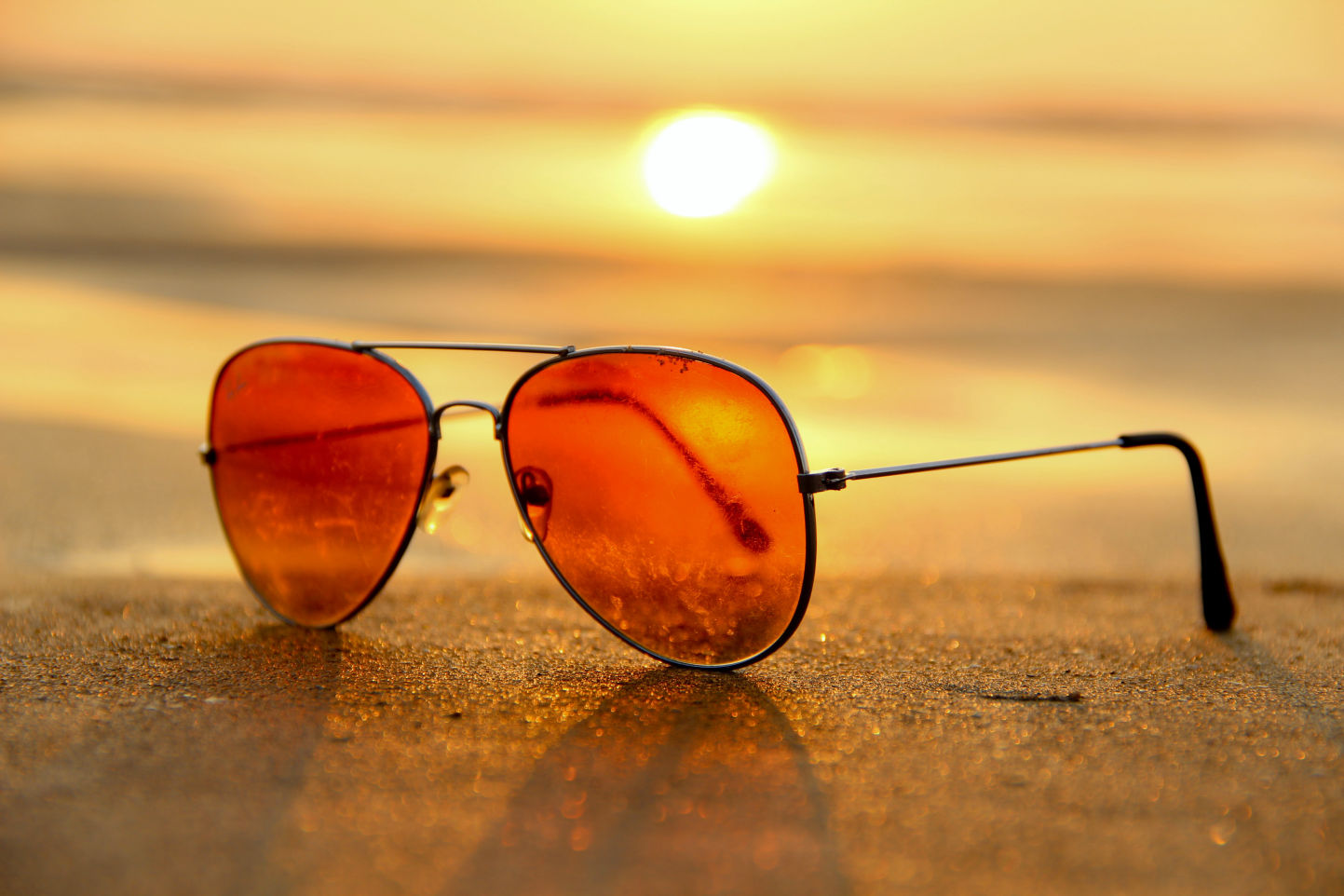

July 1, 2023
During the summer season, it's crucial to prioritize the well-being of our eyes as we enjoy the warmth of the sun. July marks UV Safety Month, which serves as a timely reminder to raise awareness about the harmful effects of UV radiation on our eyes and encourage the adoption of healthy sun protection habits. In this article, we will delve into the importance of UV safety for our eyes, the potential consequences of neglecting it, and practical measures to ensure optimal eye health while basking in the sunshine.
Understanding UV Radiation and Eye Health:
Did you know that sunlight contains UV radiation that is divided into three forms - UVA, UVB, and UVC? Although the Earth's atmosphere blocks most of the harmful UVC rays, UVA and UVB rays can still penetrate the Earth's surface, posing risks to our eyes.
Our eyes consist of delicate structures such as the cornea, lens, and retina that can be damaged by prolonged or repeated exposure to UV radiation. This can cause various eye conditions and vision problems over time, including:
● Photokeratitis: It's commonly referred to as "sunburn of the eye" and can be quite painful. This condition impacts the cornea and is often caused by prolonged exposure to UVB rays. Activities like skiing or spending a day at the beach without proper eye protection can put you at risk.
● Cataracts: When your eyes are exposed to UV radiation for extended periods, it can increase your chances of developing cataracts. This is a condition that causes clouding of the natural lens in the eye, resulting in blurry vision, and may even require surgical treatment.
● Macular Degeneration: Studies have shown that exposure to UV radiation is associated with age-related macular degeneration (AMD), which is a common cause of vision loss among elderly individuals. AMD primarily impacts the macula, the central part of the retina, and can lead to vision impairment, including blurriness and distortion.
Promoting UV Safety for Your Eyes:
Taking care of your eyes by protecting them from UV radiation is vital for promoting good eye health and avoiding potential long-term harm. Here are some useful suggestions to help you maintain UV safety for your eyes:
● Wear sunglasses: When selecting sunglasses, it's important to prioritize those that offer 100% UV protection, effectively blocking both UVA and UVB rays. Make sure to look for sunglasses labeled with UV400 or labeled as having 100% UV protection to ensure the highest level of shielding. Opting for sunglasses that wrap around your face or have larger lenses can also help to minimize UV exposure from the sides.
● Use broad-brimmed hats: When you're out in the sun, particularly during the hours of peak sunlight, it's a good idea to wear hats with wide brims to get some extra shade and keep your eyes safe from direct UV exposure.
● Seek shade: To protect your eyes from excessive sunlight, try to stay in shaded areas whenever possible. You can find shade under trees, umbrellas, or canopies which can be very effective.
● Be mindful of reflective surfaces: Please keep in mind that UV radiation can become more intense when reflected off surfaces such as water, sand, and snow. To ensure proper protection, it is highly recommended to wear sunglasses even in these environments.
● Avoid tanning beds: It is important to note that tanning beds emit harmful UV radiation that can cause damage to both your skin and eyes. To minimize the risk of eye damage and other health complications, it is advisable to refrain from using them altogether.
In conclusion, July is UV Safety Month, a time to prioritize the health and protection of our eyes from harmful UV radiation. By adopting safe practices such as wearing sunglasses, seeking shade, and being mindful of reflective surfaces, we can reduce the risk of eye conditions and preserve our vision for the future. It's important to remember that our eyes are a precious gift worth safeguarding, so let's make UV protection a daily habit, not just during this month..
Disclaimer: Envy Eye Care's website offers information about vision services and treatment for informational purposes only. Content herein is not intended as medical advice. If you need to speak with an eye doctor in the Dallas area, please contact our office at 469-490-ENVY (3689) to schedule a consultation. This website and blogs are for informational use only. The content within these pages should not perceived as formal advice, nor does the understanding constitute a formal relationship.
Drag and Drop Website Builder